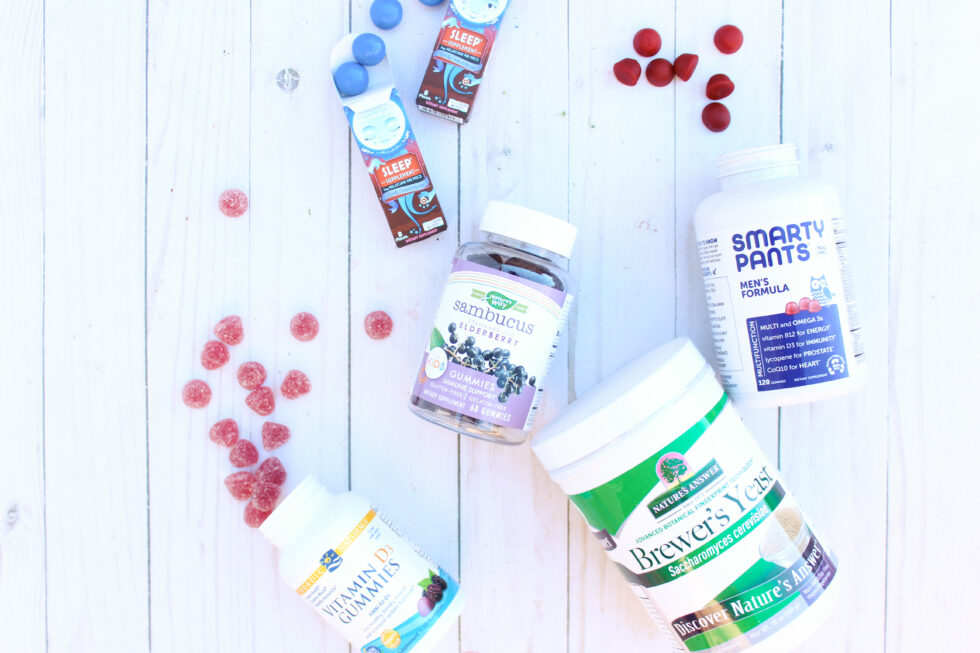
Trade Up Your Vitamins
Trade up your supplements to make sure you’re getting the best quality! A supplement is defined by the Dietary Supplement Health and Education Act as a product that is taken by mouth in the form of a pill, capsule, tablet, or liquid that contains one or more dietary ingredients intended to supplement the diet. Nutritional supplements are regulated by the FDA, but not the same way that pharmaceuticals are regulated. The FDA does not review ingredients for safety prior to being on the market, they only take action if a supplement is found to be unsafe after being on the market. It is important to find supplements that are regulated by third party agencies outside of the FDA to ensure a safe brand.
What is its purpose
Dietary supplements are not intended to replace food groups or be the primary source of a nutrient. The purpose of a nutritional supplement is to support the diet by providing nutrients that may not be consumed in sufficient amounts. Examples of dietary supplements include vitamins, minerals, protein powders, amino acids and other nutritional substances.
Where does it come from/how to look for a reputable source
Finding a reputable supplement brand may seem overwhelming, but once you know what to look for it might even become a simple and enjoyable process. A simple google search for a nutritional supplement will come up with endless options to choose from, so how do you know if the one you choose is good? First, look for a seal on the supplement website or bottle from a third party agency. These agencies all have unique methods of ensuring the products have safe ingredients. A few third party agencies to look for include USP (United States Pharmacopeia), TGA (Australia’s Therapeutic Goods Administration), NPA (National Products Association), and UL (Underwriters Laboratories).
Dietitian top favs
- Protein Powders: protein intake can range for a healthy adult from 0.8 g/kg – 1.6 g/kg depending on individual needs and goals. When possible, try to meet your minimum with food first and then supplement.
- Vitamin D: most people are deficient this time of year due to lack of getting outside. The recommended intake is 400IU but research is all over the board depending on you as an individual (if you have a deficiency, breastfeeding moms, elderly population, clinical diagnosis of depression, etc).
- Omega 3: It is recommended that the general population consume fish 2x per week to gain the benefit of it’s omega-3 content. If you aren’t meeting this requirement talk with your doctor to see if a supplement would be in your best interest.
